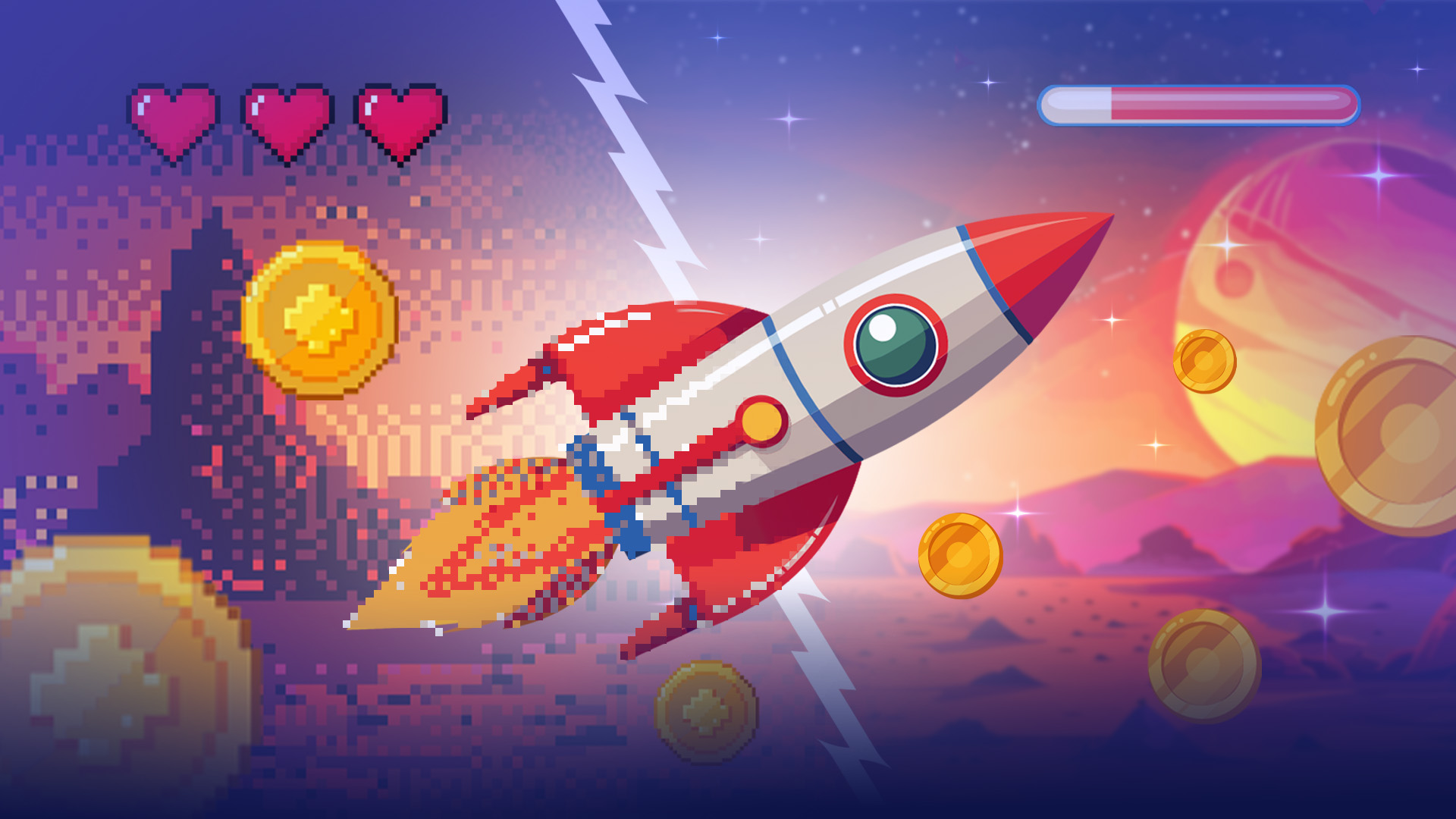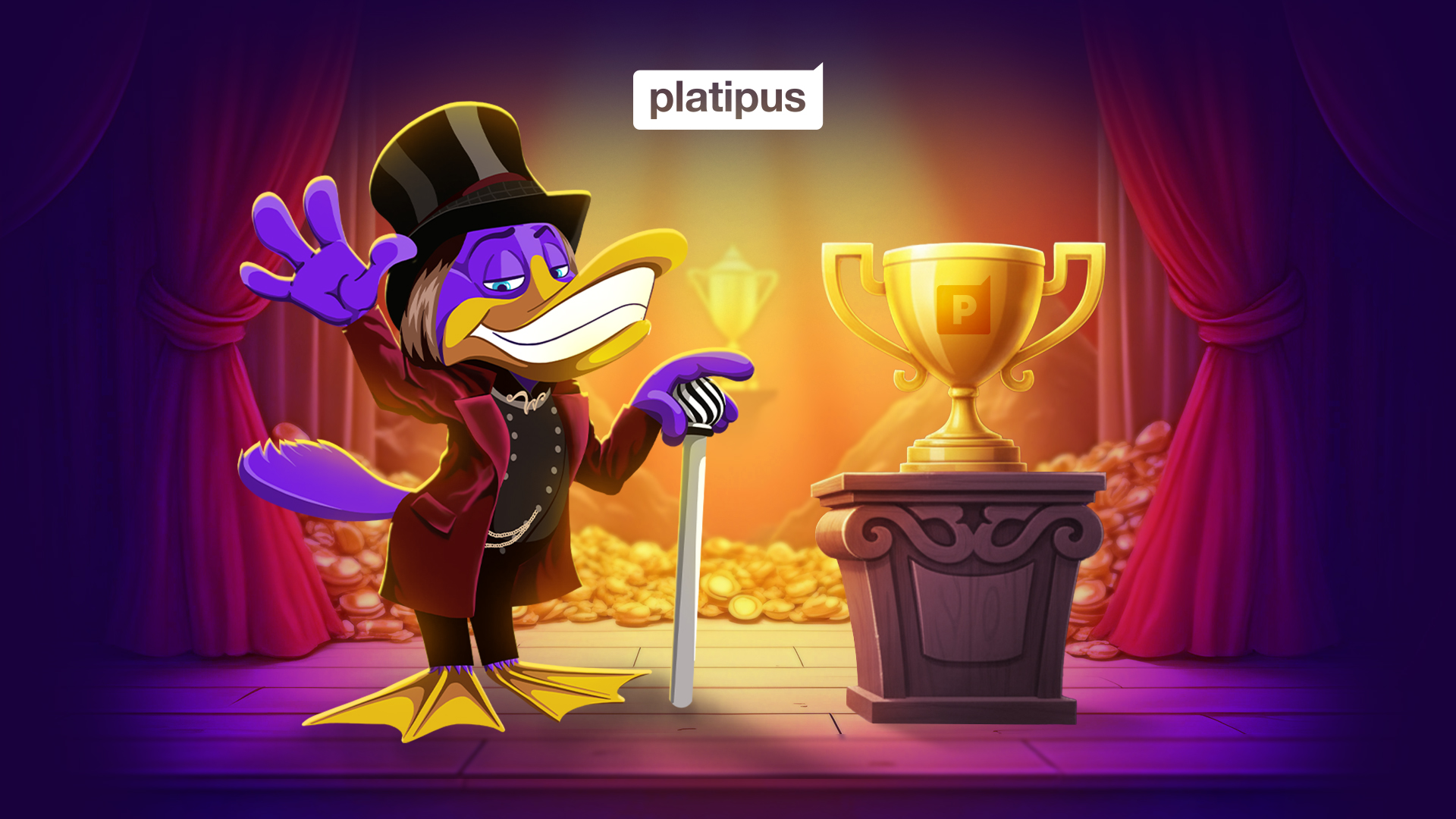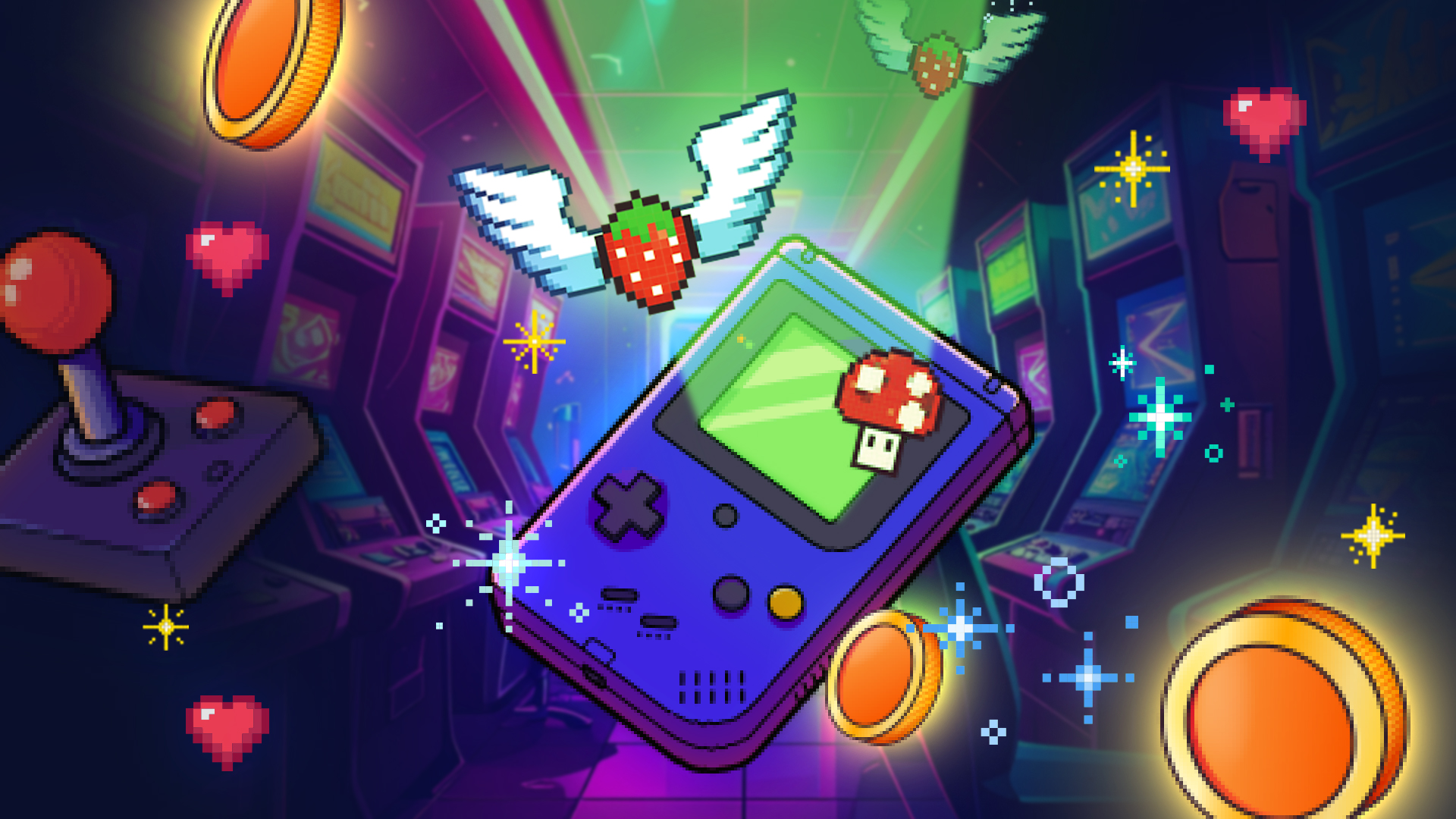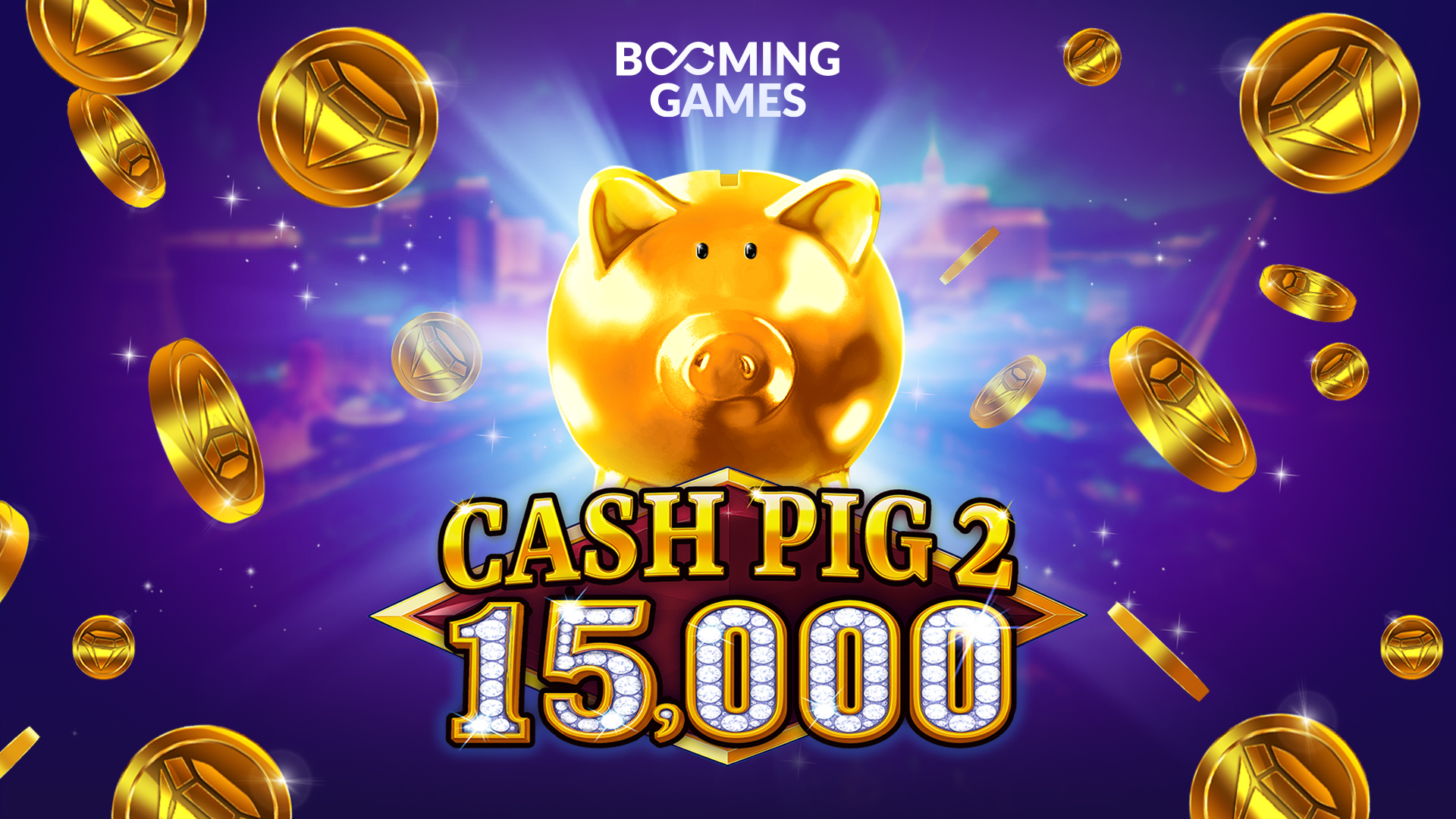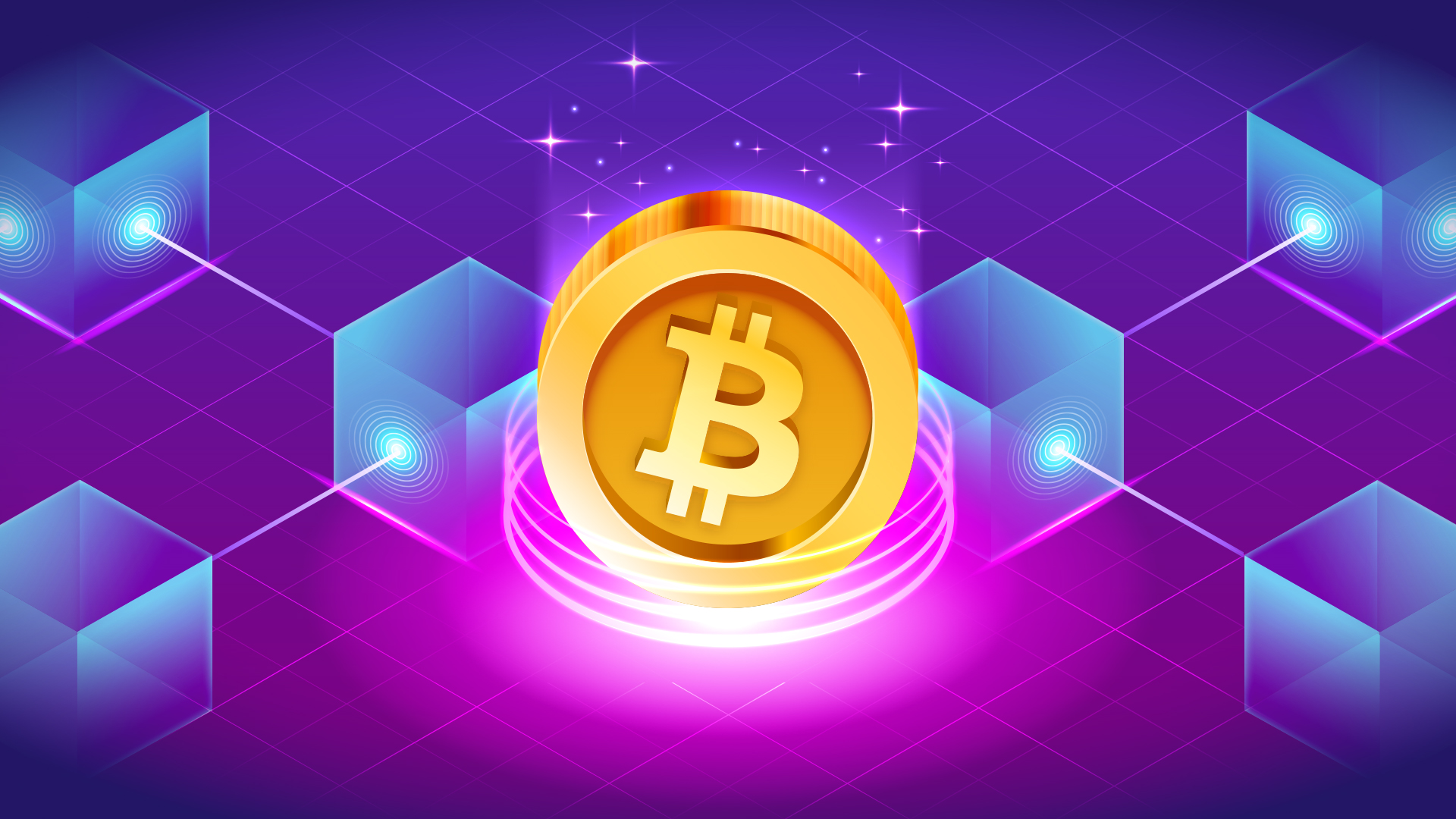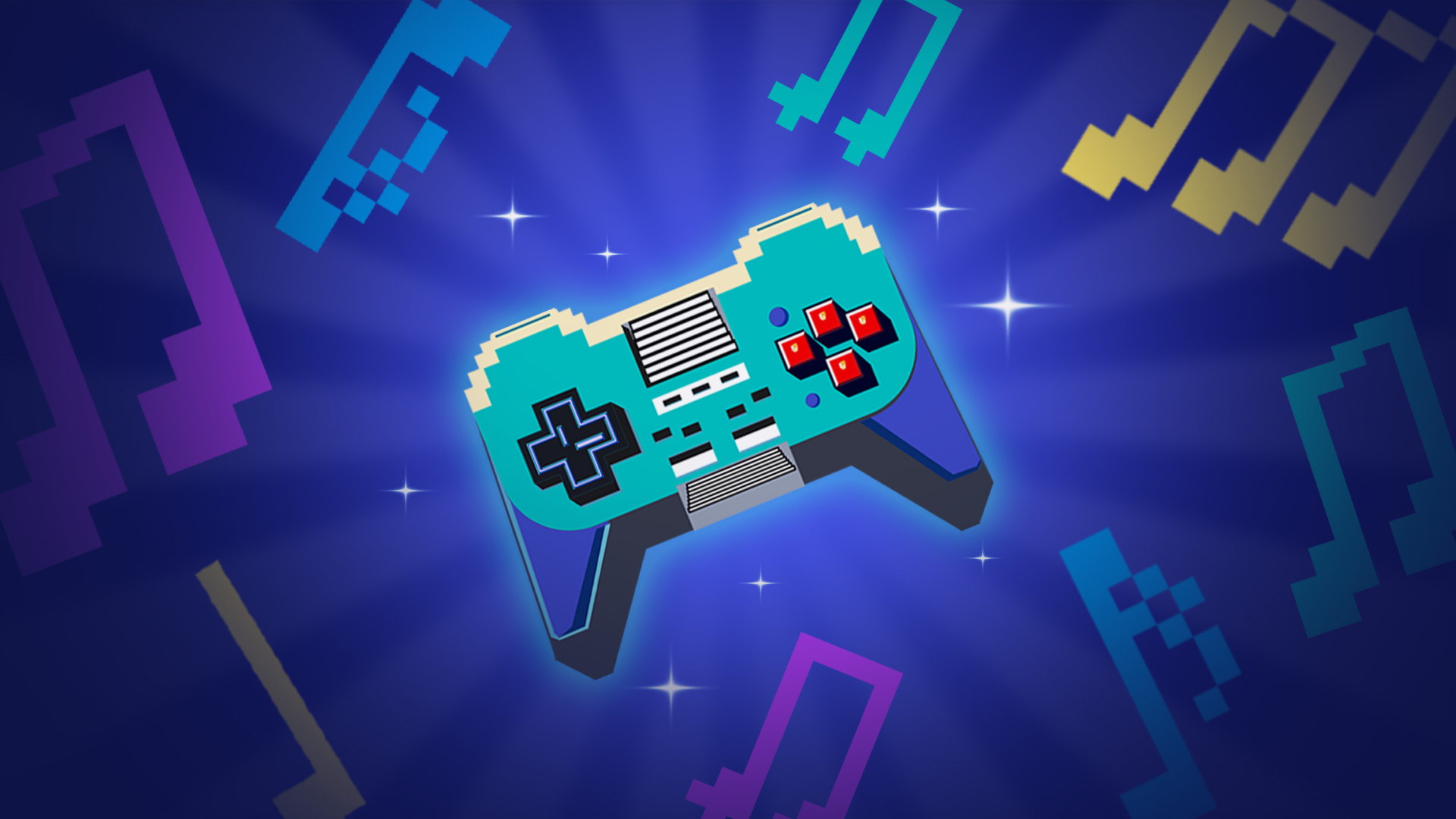Retro game remakes are now as common in gaming as movie reboots, with hits like Final Fantasy VII and Resident Evil 2 setting the standard.
However, as with their film counterparts, retro game remakes are risky business. While they’re designed to modernize and enhance titles that previously enjoyed huge success, pleasing fans of the original is always a hard task. Some remakes are labelled nothing but cash grabs, trying to milk the success of the originals, while others are lauded as better versions of the original game.
All the above lead us to the following question. Are these retro game remakes really worth it? Do they enhance the original experience or dilute what made the games special to begin with? Is a slick new engine enough to justify the price tag, or are we better off just replaying the original?
Let’s break down what’s driving this trend, where it works (and where it doesn’t) and which remakes actually got it right.
Why Retro Game Remakes Are So Popular
The motivation behind remaking a classic retro game is often more complex and strategic than reworking an older game simply because it was popular with previous generations of gamers. As we explain below, there are several other considerations that studios must take into account.
Brand Familiarity
Older IPs already have established fan bases, meaning studios don’t need to build hype from scratch. When someone sees the title Metal Gear Solid Snake Eater or Chrono Cross Remastered, the emotional connection is already there. That’s marketing gold.
Enhanced Technology
There’s also the matter of technology. Games from the ’80s and ’90s were limited by hardware. Today’s consoles and PCs allow those same games to be given a modern twist with sprawling environments, dynamic lighting, and modern controls. Often, the latest tech allows developers to remake the games closer to how they originally envisioned them, but they didn’t yet have the technology to achieve that.
Market Expansion
Then there’s the expansion of the market. Many players never experienced the originals, especially younger gamers. A remake offers a new entry point without the friction of dated visuals or clunky mechanics. The developers already know that the original captured the minds of players, so they believe the same can happen with the latest generation of gamers.
Sometimes it’s a full overhaul (think Final Fantasy VII Remake), and sometimes it’s a modern reworking of the graphics and audio (like Link’s Awakening on Switch). Either way, the goal is clear, which is to preserve a retro games legacy while repackaging it for the present.
Best Retro Game Remakes So Far
Not all remakes are created equal. Some breathe new life into old classics, while others fall short entirely. Over the past two decades, we’ve seen a wave of developers revisit their most beloved titles, and below we take a look at some of the most notable.
Resident Evil 2 (Capcom)
Originally: 1998 | Remake: 2019
The 2019 remake of Resident Evil 2 didn’t just polish the visuals; it rebuilt the entire experience. Fixed camera angles were replaced with an over-the-shoulder perspective, while the atmosphere was ramped up with modern lighting and audio design.
While it’s impossible to please everyone who played the original game, overall, the remake proved a huge success.
Pros
- Stellar presentation and tension
- Smart rework of puzzles and pacing
- New life for old fans and fresh appeal for newcomers
Cons
- Not all fans will approve of the new third-person view
- Hardcore fans may miss the OG’s charm
Final Fantasy VII Remake (Square Enix)
Originally: 1997 | Remake: 2020–2024 (multi-part)
This isn’t just a remake; it’s a complete rebuild from the ground up. The Final Fantasy VII Remake primarily expands on Midgar’s section into a full game with the addition of real-time combat and deeper character development. Square Enix also made significant changes to the plot lines, which, although they didn’t please everyone, were generally well-received by fans overall.
Pros
- Deep new combat system
- More depth to character storylines
- Emotional payoff for legacy fans
Cons
- Split into multiple games
- Some pacing bloat
Metroid: Zero Mission (Nintendo)
Originally: Metroid (1986) | Remake: 2004 (GBA)
This remake overhauled the original Metroid with tighter controls, better map systems and modern mechanics, such as ledge grabbing. It also added a post-game stealth section that expanded Samus’s lore and added to the gameplay loop. That did not appeal to all fans of the original, but most admit the remake did need something that enhanced the gameplay.
Pros
- Streamlined gameplay
- Added story depth
- Remains true to the original atmosphere
Cons
- Fairly short overall
- Purists may not approve of the new stealth mechanic
The Legend of Zelda: Link’s Awakening (Switch)
Originally: 1993 (Game Boy) | Remake: 2019
Nintendo brought this charming and quirky classic to the Switch with a toy-like, diorama-style art. It stayed incredibly faithful to the Game Boy original, with only minor tweaks. While offering little more than a makeover, the remake proved an instant success with both new players and fans of the original alike.
Pros
- A new art style thanks to modern tech
- Faithful level design and puzzles
- Will please die-hard fans of the original
Cons
- Occasional performance hiccups
- No major content additions
Crash Bandicoot N. Sane Trilogy (Activision)
Originally: 1996–1998 | Remake: 2017
This remastered trilogy rebuilt the PS1-era Crash games from the ground up. The core platforming was preserved, but visuals, sound and controls were all modernized. Gameplay-wise, the core fundamentals largely remained the same, which is both a pro and a con. Showcasing the balance developers have to strike, some fans were pleased with the limited changes, while others were disappointed by the lack of new content and mechanics.
What Makes a Good Remake Compared to a Bad One?
A great remake does more than slap HD textures on a pixelated past. It captures the spirit of the original while updating the gameplay for today’s standards.
Faithful Adaptation Compared to Full Reimagining
To start with, staying true to the first game is always key. Not in copying every frame, but in respecting what made the original memorable. Whether it was the story, gameplay mechanics or different game modes, a good remake enhances the core fundamentals without completely changing them.
But there’s a fine line between adaptation and a complete overhaul. Resident Evil 2, for instance, respected the tone of the original while modernizing mechanics and has gone down as a successful remake because of this.
In contrast, some remakes lose fans by making too many changes. The Silent Hill HD Collection comes to mind, with players unhappy that developers altered the visuals too much and omitted core audio elements that contributed to the immersive atmospheres the original games were known for.
Mechanics Compared to Nostalgia
Further showcasing the difficulty of getting the balance right when making a retro remake, players also expect newer mechanics or features that enhance the original. They expect tighter controls, more modes or something new that doesn’t impact the original too much but also brings it into the modern era.
When a remake ignores what made the original great and simply reworks the graphics to make the most of modern tech, fans often feel let down. They’ll often cite laziness on the part of the studio for simply remastering the game and labelling it a remake.
Respecting the Audience
Ultimately, the best remakes serve both audiences, whether long-time fans or curious newcomers. When studios strike that perfect balance, retro remakes succeed and are sometimes even considered better than the original. Get that balance wrong, however, and both audiences could look for something else to play instead.
Final Thoughts
Retro game remakes can either be incredible or incredibly disappointing. When done right, they offer a fresh take on a classic, letting new players discover what made them iconic, while also giving longtime fans a reason to fall in love all over again.
Whether you’re replaying Crash for the 100th time or experiencing Metroid Zero Mission for the first time, remakes have a place in gaming’s future, but only as long as they respect the past.
Which remake got it just right for you? Which one dropped the ball? Let us know in the comments. Plus, you can check out our comparison articles for more takes on remakes compared to originals, and decide which one you’d rather play today.

